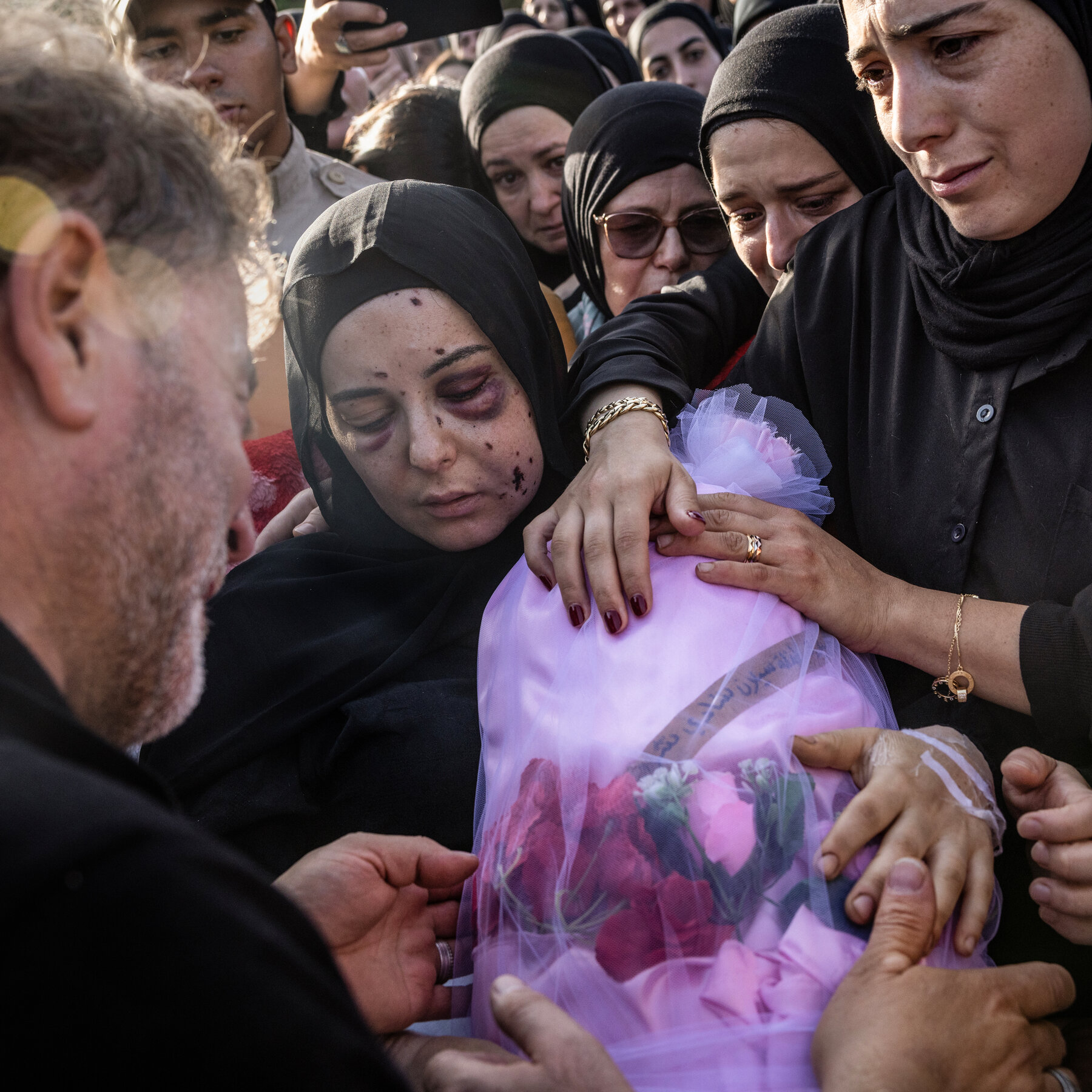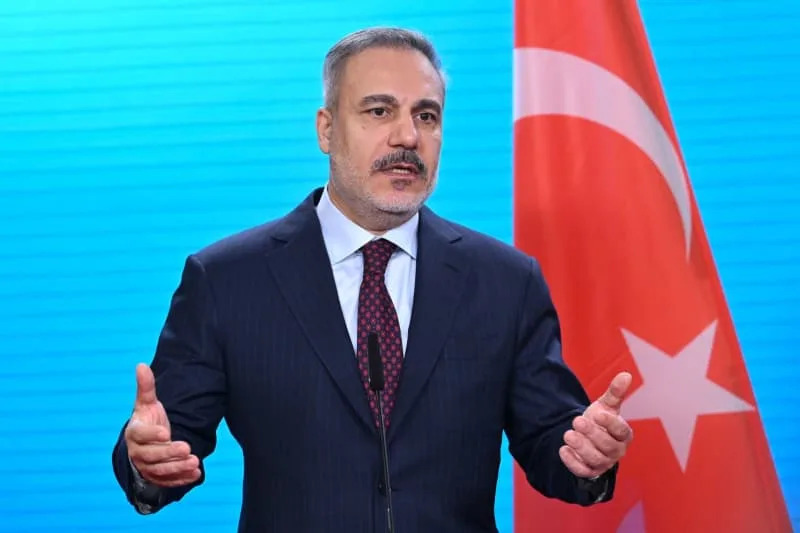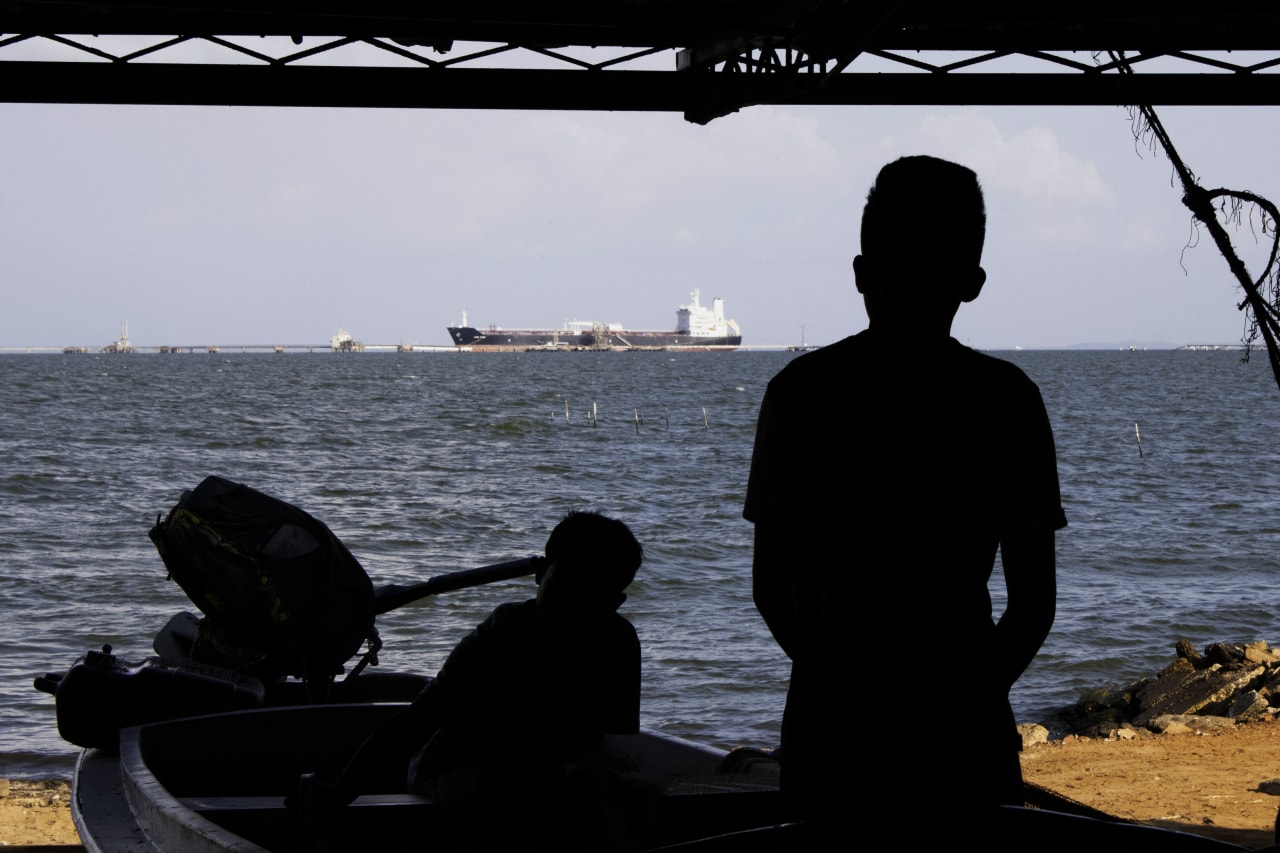Israeli forces have increased military operations against Hezbollah in Southern Lebanon, continuing airstrikes even after a ceasefire agreement. This strategy underscores Israel’s commitment to a proactive approach in countering threats from its neighbors. The Israeli Defense Forces (IDF) have conducted multiple strikes targeting what they describe as militant infrastructure, asserting their resolve to eliminate adversaries whenever necessary.
The escalation in military activity has raised concerns among regional observers and international bodies. Following the ceasefire declared on October 20, 2023, which aimed to reduce hostilities in the area, reports indicate that Israel has executed airstrikes nearly every day. This pattern emphasizes a shift toward a more aggressive posture, suggesting that Israel aims to deter future attacks by Hezbollah through sustained military pressure.
Israeli Prime Minister Benyamin Netanyahu stated in a recent press conference, “Our policy is clear: we will not allow Hezbollah to threaten our citizens.” Netanyahu’s remarks reflect a broader strategy to maintain security in the face of perceived threats from non-state actors in the region.
The ongoing confrontations have implications beyond military engagement. The United Nations has expressed concern over the humanitarian situation in the Gaza Strip, where Israeli operations have also intensified. Humanitarian organizations have reported significant casualties and displacement among civilians. Local hospitals are struggling to cope with the influx of injured individuals, highlighting the human cost of the ongoing conflict.
In parallel, the situation in Gaza remains dire as Israel continues its military operations against militant groups, including Hamas. The IDF has stated that their operations are aimed at dismantling terrorist networks that threaten Israeli security. This dual approach of targeting both Hezbollah and Hamas complicates the regional security landscape, as tensions continue to simmer.
“The current operations reflect Israel’s strategic intent to reshape the security dynamics in the region,”
said Dr. Miriam Weitz, a senior analyst at the Institute for National Security Studies in Tel Aviv. This perspective indicates that Israel’s military actions are part of a broader geopolitical strategy, responding not only to immediate threats but also seeking to establish a deterrent posture against future aggression.
As the situation develops, the international community is closely monitoring the actions of both Israel and Hezbollah. Diplomatic efforts to mediate the conflict have been challenged by ongoing violence. The ceasefire, while temporarily halting large-scale combat, has not fully translated into peace, as evidenced by the continuous strikes.
The consequences of this military strategy extend beyond immediate military objectives. The potential for escalation remains high, with both sides entrenched in their positions. Observers note that the balance of power in the region may shift significantly depending on the outcomes of this ongoing conflict.
In light of these developments, regional allies and adversaries alike are recalibrating their responses. The implications for Lebanon, Israel, and the larger Middle East could be profound, impacting diplomatic relations and security strategies in the years to come.
As Israel continues its operations, the broader question remains: how will the international community respond to the changing dynamics in the New Middle East? With every airstrike, the stakes rise, and the possibility of a renewed cycle of violence looms larger than ever.







